Column: On race, Christianity and the battle within
Photo credit: Lena Jones
Many African Americans who identify as Christian feel compelled to examine the past, and they recognize that their religion was once used to oppress their racial group.
I remember the moment I realized that I, a Black woman, could be proud to be proud of being an American.
Sunlight shone through the leaves and graced pristine marble at the Arlington National Cemetery; it radiated so intensely that I could not open my eyes without them watering. As I stood before the Tomb of the Unknown Soldier, a Black man with gleaming medallions decorating his military uniform oversaw the changing of the guard. I smiled at him.
My racial identity has come into conflict with various aspects of who I am since my birth. Many people have experienced this phenomenon, a tug-of-war of sorts between gender, sexuality, class, ability and a variety of other identifiers. Only recently have I taken hold of the rope so that the pulling might cease, examining myself as being both African American and Christian in the process.
An eighth grade U.S. history lesson served as a pivotal moment in my journey. The infamous “slavery” unit arrived that day, as it tends to every couple of years, but my teacher introduced new information to us this time around.
“Sometimes, Christianity was used to justify the enslavement of African people,” she said.
Her statement was true.
Bishop Claude Alexander, head of Park Church in Charlotte, North Carolina, states that America’s history of “racialized violence” caused this nation’s context to bleed onto the fabric of Christian teachings. To keep the benefits of my ancestors’ forced labor, some Americans perverted the Christian Bible and made arguments to reinforce the institution of slavery. Using Genesis 9:18-27, pro-slavery individuals argued that the biblical figure Noah cursed Black people to eternal servitude through his son, Ham, who may have “had black skin.” Historically speaking, there is no evidence to support these claims, and yet the message spread.
Other scriptures were reinterpreted. The words of the Apostle Paul in Ephesians 6:5-7 were separated from the ninth verse and draped in a pro-slavery shroud. Black slaves who owned Bibles might have been given a version without Exodus, the account of God liberating the enslaved Israelites. This omission kept the nature of God as a liberator hidden from them and promoted the false narrative that God sanctioned slavery.
And yet, today, I am a Christian. But why? It is this very question that I have asked myself and that those who came before me have had to ask for over 400 years.
The first Africans brought to America in bondage practiced a variety of religions; while 20% to 30% observed Islamic teachings, others were adherents to regional spiritual traditions. For some, the conversion to Christianity came with the heart-wrenching dilemma of reconciling the words of White, pro-slavery Christians with the “powerful and profound sense of hope” actually taught in the Bible. In his book “The Origins of Proslavery Christianity: White and Black Evangelicals in Colonial and Antebellum Virginia,” Charles F. Irons found that African Christians created their own spaces to practice their faith. After 400 years of complex cultural development, people like Reverend Jaymes Robert Mooney believe that “African Americans have reclaimed the Bible and its message of liberation.”
I do not remember the moment that I started seeing the implications of being Black and Christian, nor have I fully come to terms with the ancestral weight this identity has placed on my soul. However, there are certain foundations upon which I stand firm.
Since beginning this self-exploration, I have held fast to the joy, peace and overwhelming love I have found in my God. Lies will not pull me away from what I’ve found to be true. I’ve heard my faith referred to as “the religion of the oppressor,” and I shudder at the thought. Many abolitionists, such as Angelina Grimké Weld, opposed the use of Christianity to further the slaveholder’s agenda. One ought not hold the mistruths created by bygone men blinded by self-interest in front of my face and tell me Christianity itself is to blame.
The great orator Frederick Douglass said it best in this quote: “Between the Christianity of this land and the Christianity of Christ, I recognize the widest possible difference—so wide that to receive the one as good, pure, and holy, is of necessity to reject the other as bad, corrupt, and wicked… I love the pure, peaceable, and impartial Christianity of Christ.”
One day, I’ll step into the light of security and feel at peace with every aspect of me, an amplification of what I felt that day at the Arlington Cemetery. Even the past supports my choice to maintain the dualism I harbor within. My African American predecessors continued identifying as Christians because they saw something in Christ worth fighting themselves for.
That tug-of-war between two aspects of my identity may remain for now, but it is already fading.
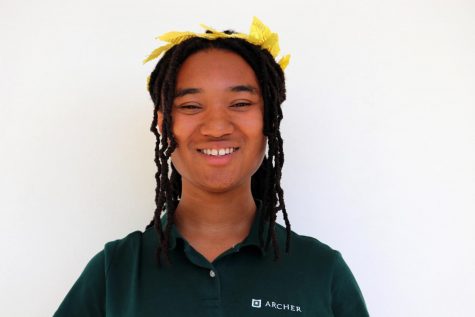
Lena Jones joined the Oracle as a columnist in 2019 with a clear goal in mind: to keep religious affiliation from being an overlooked identifier at Archer....



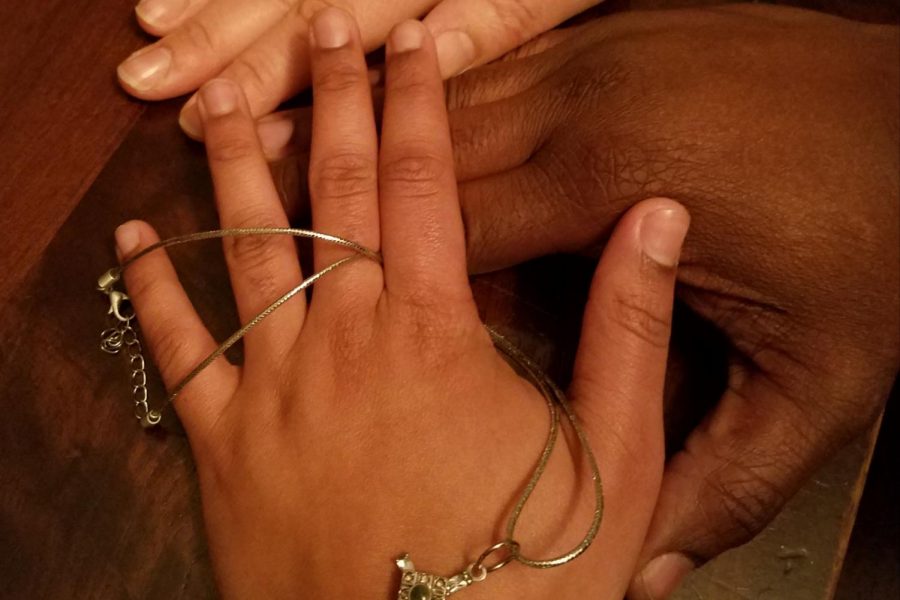


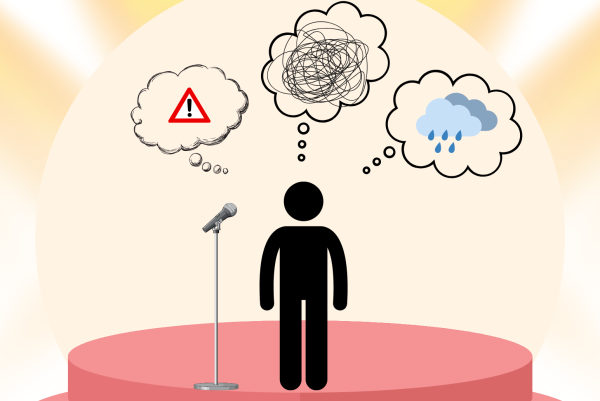

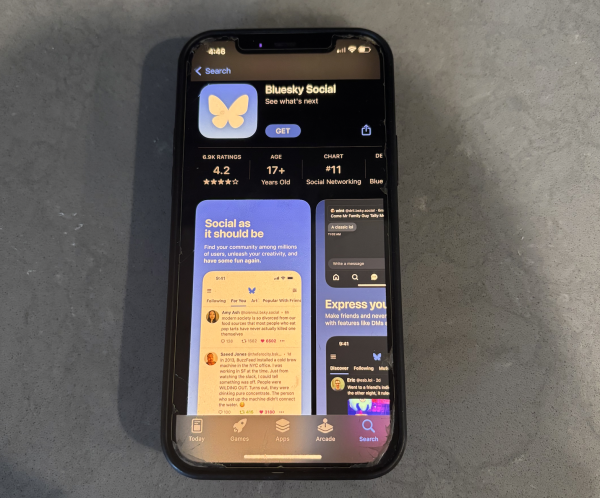

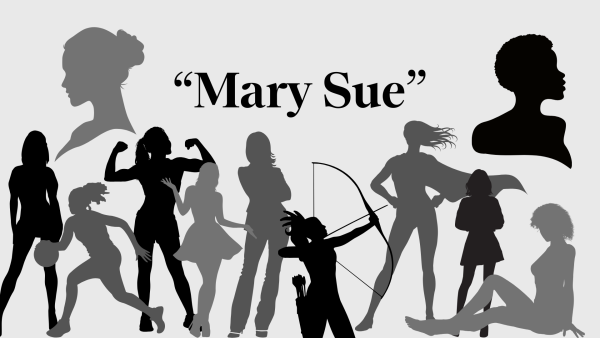


Isabella • Feb 5, 2020 at 7:19 pm
Lena! Another amazing and enlightening column. I am excited to read more